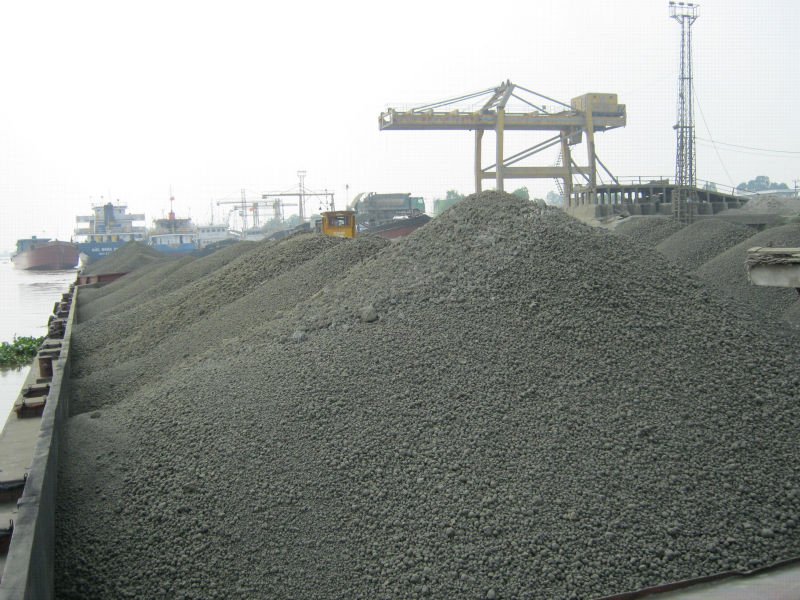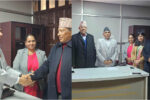KATHMANDU- Nepal has become self-reliant in clinker, the essential raw material regarded for cement production. After the government made a policy to ban the import of clinker, the country has formally freed itself from former dependence in Indian clinker.
Clinker is a nodular material produced in the kilning stage during the production of cement. This is used as the binding substance in most of the cement products.
When added with gypsum and ground finely it produces cement. This substance determines the setting properties of cement and ensures comprehensive strength. Due to its long storage quality, clinker is traded internationally and used by cement manufacturers when raw materials are found to be scarce or almost unavailable.
Rajesh Agrawal, a renowned industrialist, said that all cement industries of Nepal imported clinkers from India, and gradually with the arrival of the clinker industry using the limestone from Chure hills.
Nepal consumes 7 million tons clinker every year of which nearly 90% raw materials required used to be imported from India. Diminishing import of clinker came to a stop with no record of any import in July, August, and September.
“There is no import so far in this fiscal year”, Kali Ram Paudel, the information officer at Bhairahawa Custom’s Office said.









Comment